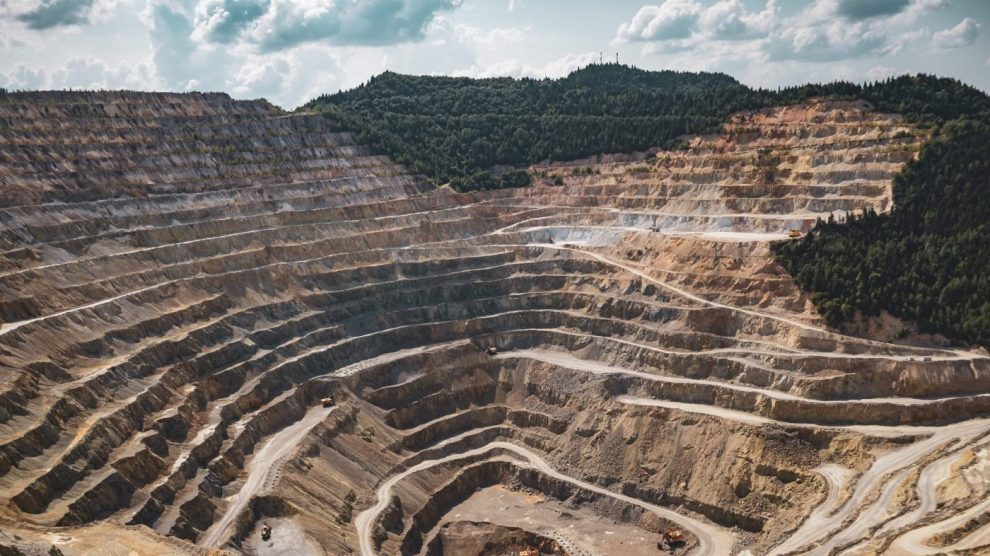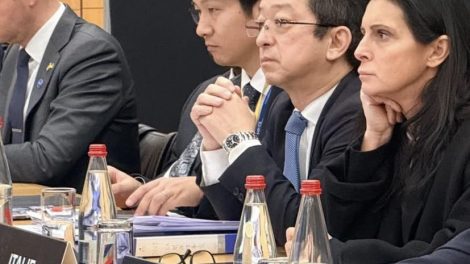A raw (Green) deal. European Union countries are far too reliant on foreign critical raw materials (CRMs). Also, they often play a marginal role in the value chains of the technologies that use them. And this lack of control directly translates into exposure to geopolitical pressure.
- That’s the main takeaway from Italy’s State lender (CDP’s) latest analyst’s brief, titled “Ecological and Digital Transition: the point on critical raw materials”, which examines the importance of CRMs for said transitions and lays out the risks that lay ahead.
A step back. As the report highlights, CRMs are crucial components for several strategic technologies in the fields of cleantech (such as renewable power and electric mobility), as well as defence and aerospace. Under its Green Deal and Digital Compass strategies, the EU has announced its ambitions to supercharge the development of related industries to decarbonise the economy and increase its self-sufficiency – or “strategic autonomy”.
A brittle starting block. However, as the CDP report underscores, the EU’s lack of control along vital supply chains jeopardises this process. European member states import over 80% of the CRMs they require. Their industries are often smaller players in the abovementioned strategic fields, making them less than ready to tackle upcoming challenges.
- “In a scenario consistent with climate neutrality, the European Commission estimates that the EU’s annual demand for lithium could increase 56-fold from current levels by 2050.” That’s also true for cobalt (15-fold) and rare earths (10-fold).
- “In the current context of fragile international balances, the EU is therefore exposed to potential disruptions in the supply of critical raw materials due to limited domestic production and dependence on supplies from countries characterised by high geopolitical risk.”
The next steps… The upcoming Critical Raw Materials Act, due to be presented in March, should clarify Brussels’ approach to these issues with a focus on supply diversification and the promotion of circular economy practices.
- The latters can indeed help mitigate the mismatch between supply and demand. “By 2040, by recycling spent batteries, the EU could meet more than half of the demand for lithium (52%) and cobalt (58%) triggered by electromobility.”
- Also, it’s key to focus on urban mining – i.e. recycling discarded technological products, a growing practice – and recovering mining waste – which Italy has plenty of and which is itself a source of secondary raw materials.
… and what can be done. According to CDP, to safeguard Europe’s twin transitions it will be crucial to invest in technologies, capacities, and skills to manage the life cycle of critical raw materials within EU borders and increase the resilience of industrial ecosystems.
- That includes re-launching sustainable mining activities on EU territory, as well as strategic partnerships that consolidate trade relations with third countries rich in critical raw materials, reads the report.
Italy’s line. Decode39 recently interviewed Giacomo Vigna, co-director of the Italian government’s cross-departmental CRM working group, to get a sense of where Rome wants to go. Beyond sharing the worries flagged in the CDP report and supporting the bolstering of circular economy practices, he also raised several key points.
- Mining-wise, the official noted the need to resume mining and refining practices within the EU while respecting stringent environmental criteria – so as not to pursue the ecological transition while letting other less-than-compliant countries handle the “dirty” work.
- Market-wise, said Mr Vigna, the EU will probably “have to decide to finance loss-making businesses in order to have an alternative to Asian hegemony” and bake resilience into the supply chain.
- Diversification-wise, he stressed that Europe should move as one in closing supply deals with non-hegemonic countries (including through a common investment fund) and bolster its participation in the growing cluster of Western nations “that do not have rapid access to CRMs, but are intent on strengthening production chains,” such as the US-led Mineral Security Partnership.
- Incidentally, as US Treasury Secretary Janet Yellen suggested, brokering a trade deal (which is likely to involve CRMs) would also be a way to resolve subsidies-related frictions.





